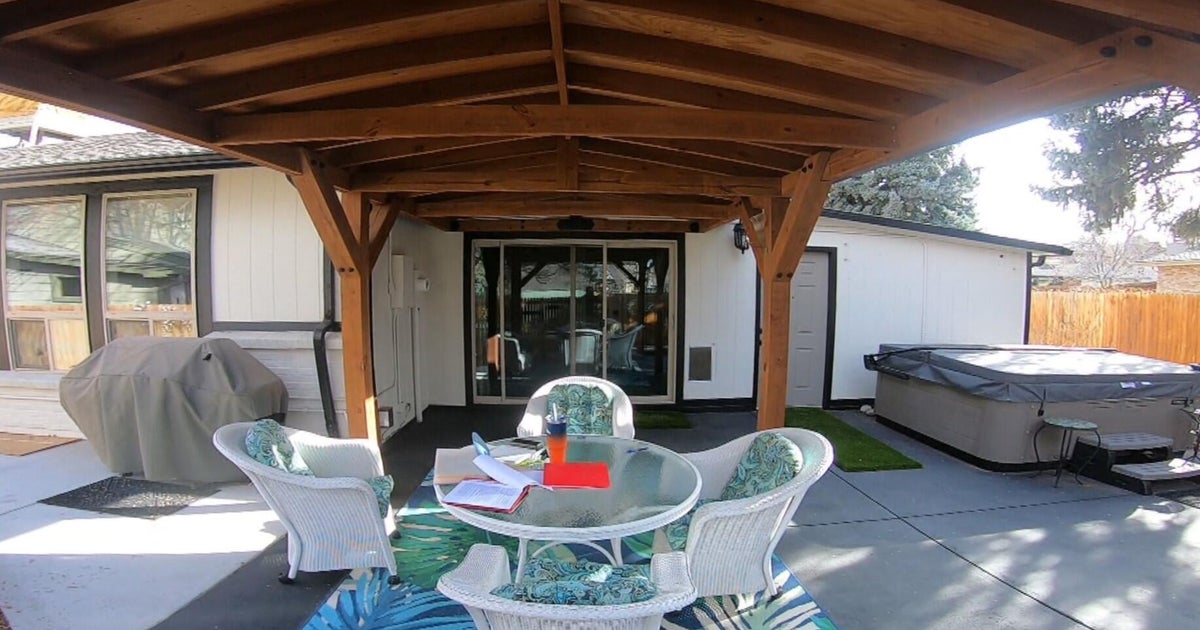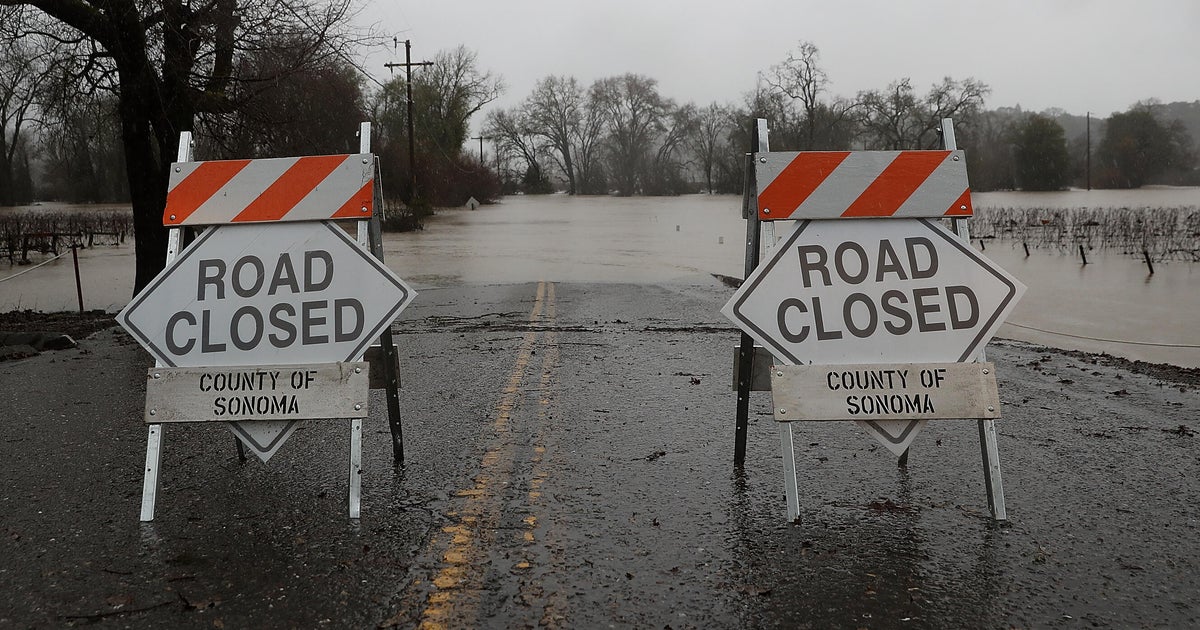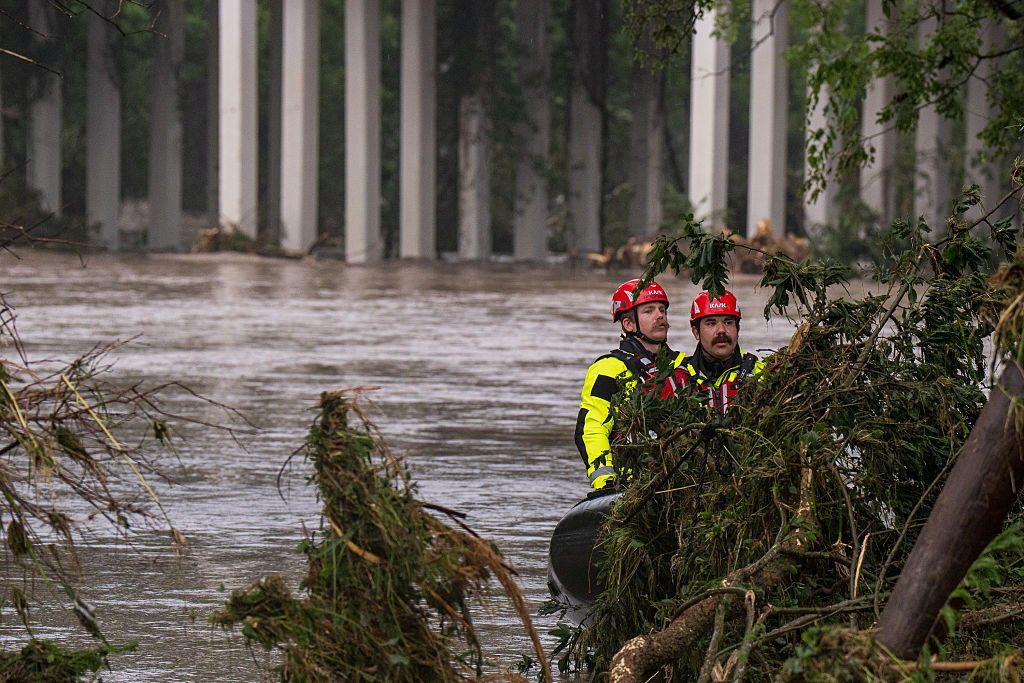Florida homeowners face an insurance double hit
NEW YORK - A decade-long lucky streak of decent weather that helped rescue one of Florida's biggest home insurers from collapse could soon come to a wet, violent end if predictions about Hurricane Irma prove true.
And making the destructive threat of Hurricane Irma even worse is the dangerously high percentage of Florida homeowners living in flood zones who lack any flood insurance at all.
The state-run Citizens Property Insurance Corp. is strong enough to absorb the blow from the monster storm, industry experts say, but all the new claims could punch a hole in its finances, possibly leading to higher premiums in future years.
"Irma will threaten the part of the state where Citizens' market share is the greatest, directly on the coastline," said Robert Hartwig, an economist and insurance expert at the University of South Carolina. "Premiums will rise."
Once a shaky, underfunded company, Citizens has transformed into a model of discipline, flush with money patiently built up over the years.
The company has 218,000 policies in Broward, Palm Beach and Miami-Dade counties, according to a March financial report, areas that could get hit hard by Irma. That's 15 percent of total policies in those counties, down from 41 percent just six years ago.
Still, Irma is likely to cost Citizens big money.
Citizens CEO Barry Gilway told his board on Wednesday that despite the insurer being dramatically less exposed, it could still wind up having 100,000 claims after the storm passes. Asked by The Associated Press on Wednesday for a dollar estimate of possible losses, a Citizens spokesman declined to give a figure.
Hartwig cited estimates that if all homes insured by Citizens was destroyed -- an extreme and unlikely case -- the insurer would have to pay out $50 billion to allow owners to rebuild.
Jack Nicholson, director of the Florida Catastrophic Storm Risk Management Center at Florida State University, said the storm could wind up costing $100 billion in insured and uninsured damage for homes and other buildings in Florida. He said he has never seen a storm so powerful.
"We always talk about the big one, a matter of not if but when," Nicholson said. "This has the potential to be the big one."
Exacerbating that possibility for the state's residents is the number of homeowners who should have flood insurance but don't, including those living in areas most endangered by what could be a devastating storm surge.
Florida's property owners still buy far more federal flood insurance than any other state -- 1.7 million policies, covering about $42 billion in assets -- but most residents in hazard zones are badly exposed.
With 1,350 miles of coastline, the most in the continental U.S., Florida has roughly 2.5 million homes in hazard zones, more than three times that of any other state, FEMA estimates. And yet, across Florida's 38 coastal counties, just 42 percent of these homes are covered.
In the counties under at least partial evacuation orders as of Wednesday (Collier, Broward, Monroe and Miami-Dade), where 1.3 million houses are estimated to be in flood hazard zones, the percentage is an even lower 34.3 percent.
Nationwide, only half the 10 million properties that need flood insurance have it, said Roy Wright, who runs the National Flood Insurance Program. He told the AP last week that he wants to double the number of policies sold nationally in the near future.
FEMA, which is ultimately responsible for enforcing flood insurance requirements, did not respond to an email seeking comment from its Washington office on Wednesday.
The latest forecasts suggest Irma's most destructive winds could carve up much of Florida's priciest real estate, damaging properties from the Florida Keys through Jacksonville as it swirls north.
"This could easily be the most costly storm in U.S. history, which is saying a lot considering what just happened two weeks ago," said University of Miami hurricane researcher Brian McNoldy.
Irma is already ranked as the most powerful Atlantic Ocean hurricane in recorded history. As it moved across the Caribbean toward Florida on Wednesday, the Category 5 storm ripped open rooftops, flooded streets and knocked out electricity. Meteorologists said Irma could hit the Miami area by early Sunday, then pummel the length of the state as it pushes into the Carolinas.
Florida's last spate of bad storms came in quick succession in 2004 and 2005, ending with Hurricane Wilma. The insurance industry reeled from the hits. Many private insurers fled the Sunshine State, leaving Citizens to take over their policies.
By 2006, Citizens had a $1.7 billion deficit, meaning it was unable to cover policyholder claims. That was the largest deficit of any U.S. state-run insurer, said USC's Hartwig. Even a normal hurricane season could have toppled the company, he said, forcing the state to borrow heavily to pay out on policies.
But something unexpected happened as the next few years unfolded. The weather cooperated.
"Mother Nature basically left the state alone for a decade," said Hartwig, co-director of the Center for Risk and Uncertainty Management at USC's Darla Moore School of Business.
Spared big payouts, Citizens has been able to hold onto its cash from premiums collected from property owners and to build up a surplus of $7.5 billion. The company has also managed to transfer much of its coverage to many new private insurers.
Citizens now has 453,000 policies, down from a peak 1.5 million in 2012.
Rates were already heading up for many Citizens policyholders, thanks to water damage and lawsuits.
Last month, CEO Gilway said homeowners in Miami-Dade and Broward counties were likely to see 10 percent increases this year. For policyholders in Miami-Dade, Gilway estimated average premiums would rise to $3,219 from $2,926. Broward premiums were set to rise to $2,926 from $2,390.
Insurance expert Lynne McChristian said the Irma forecasts keep changing, making it difficult to predict any likely losses to Citizens. But even if Citizens manages to dodge the worst, she noted, the danger remains high given hurricane season still has three months left. Already Hurricane Jose has formed in the Atlantic behind Irma.
"Citizens has money to manage one storm, but what happens if we have another one right after that?" said McChristian, Florida spokeswoman for the Insurance Information Institute, a trade group. "We're in peak season right now."



